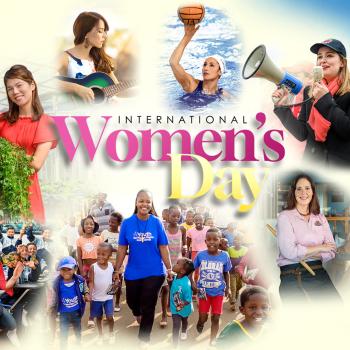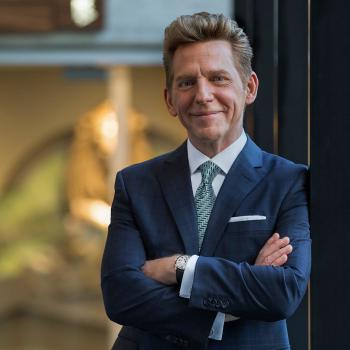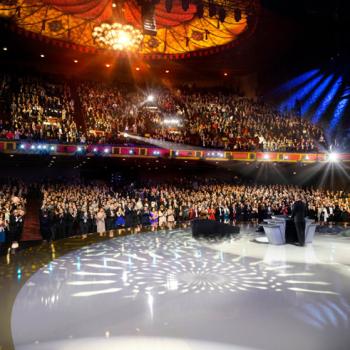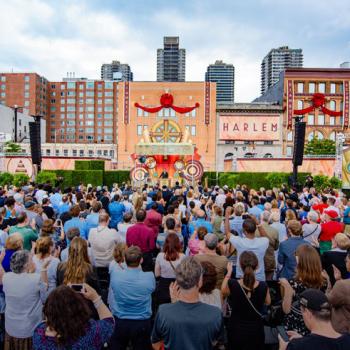BY ESTELLE SHIRBON
LONDON Wed Dec 11, 2013 1:11pm GMT
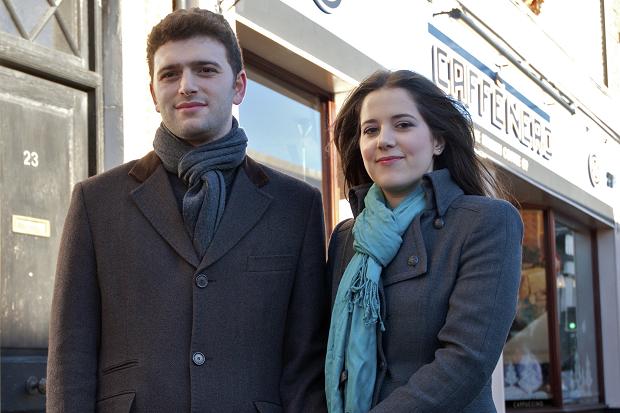
(Reuters) – A woman who wants to get married in a chapel of the Church of Scientology in London won her case on Wednesday at Britain’s Supreme Court, which ruled that Scientology was a religion and the chapel was a place where marriages could be solemnised.
Louisa Hodkin, 25, had launched legal action after officials refused to record the chapel as a place that could be used to celebrate marriages, citing a court ruling from 1970 that said Scientology did not involve religious worship.
“My fiance and I have always believed in the fairness of the British legal process. It’s been a long and demanding journey, but the Supreme Court’s decision today has made it all worthwhile,” Hodkin said in a statement.
“We are really excited that we can now get married.”
The Church of Scientology itself was not a party to the legal action, but the Supreme Court’s ruling is a notable victory for an organisation that has struggled to gain recognition as a genuine religion in many countries.
Founded in the United States in 1954 by science fiction writer L. Ron Hubbard, Scientology now has thousands of churches in over 160 countries and has gained a high profile through celebrity followers including Tom Cruise and John Travolta.
Critics say it is a cult that harasses people who try and quit, a description the movement rejects.
In their unanimous decision to allow Hodkin’s appeal, the Supreme Court justices said that the 1970 ruling was out of date in its definition of religious worship as involving “reverence or veneration of God or of a Supreme Being”.
“Religion should not be confined to religions which recognise a supreme deity,” wrote Lord Toulson, giving the judgment of the Supreme Court.
“To do so would be a form of religious discrimination unacceptable in today’s society,” he wrote, saying that the criterion would exclude Buddhism, among other faiths.
“LITURGICAL NICETIES”
The Court said it was not the job of the Registrar General of Births, Marriages and Deaths to venture into “fine theological or liturgical niceties” and declared that the Scientology chapel should be recorded as a place for the solemnisation of marriages.
Hodkin was born and brought up in a Scientologist family. Her brother was married at the Church of Scientology in Scotland, where ministers of Scientology are authorised to perform marriages, but the law is different in England.
The Supreme Court heard evidence about Scientologist beliefs and practices from the minister of the chapel where Hodkin wants to get married, who was fighting the case alongside Hodkin.
The court ruling summarised the minister’s evidence in two dense paragraphs that included a list of human impulses or “dynamics of existence” identified by L. Ron Hubbard.
“All Scientology practices are aimed ultimately at complete affinity with the eighth dynamic or infinity,” it said.
The ruling then launched into a detailed and at times arcane discussion of how to define religion
“I would describe religion in summary as a spiritual or non-secular belief system, held by a group of adherents, which claims to explain mankind’s place in the universe and relationship with the infinite,” Lord Toulson wrote, emphasising he did not intend this to be a definitive formula.
“Those matters…are more fitting for theologians than for the Registrar General or the courts,” he concluded.



